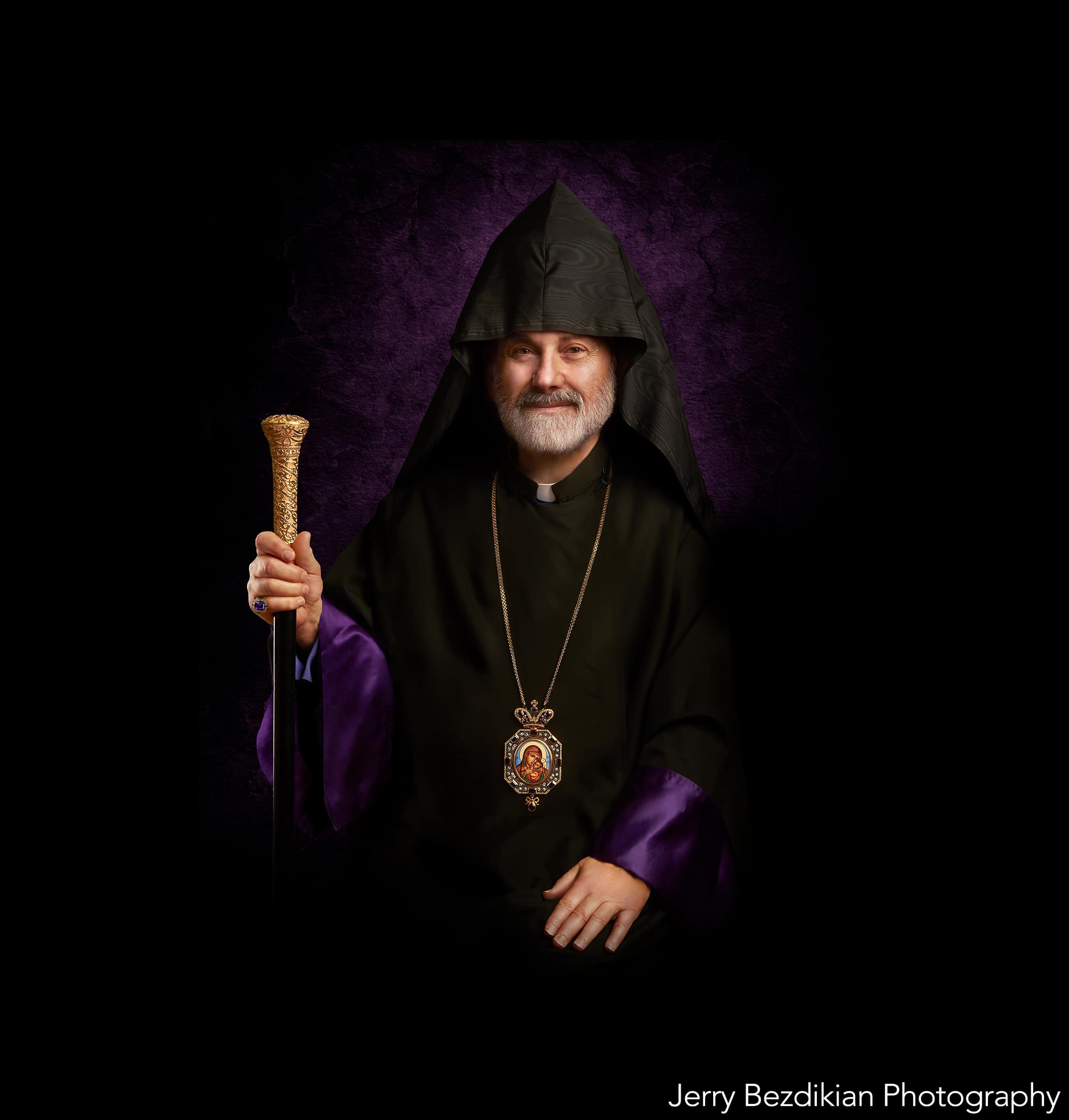THE KINGDOM OF HEAVEN: THE ETERNAL BANQUET

The Prelate’s Sermon, December 12, 2021
Today, the third Sunday of Advent, the reading of the Gospel is from St. Luke. Our Lord Jesus Christ, one day being invited to a dinner, talks about the Christian perspective of inviting guests. Upon the exclamation of one of those who was sharing the table, that “Blessed is anyone who will eat bread in the kingdom of God,” Jesus tells the parable of a banquet, where the invitees refuse to attend for different reasons: the first for buying land; the second for buying five yoke of oxen and trying them; and the third for being just married. Therefore, all of them have declined their attendance. Upon these refusals, the master of the house makes a new decision to go out and to invite new guests (Lk 14:12-24).
This passage on the canvas of our Lord’s teaching brings a special touch, where human yearning is answered and directed in the right way. I would like to share the following thoughts.
- Since Creation, the nurturing of our body is fulfilled by our heavenly Father when He stated to our fore-parents: “I have given you every plant yielding seed that is upon the face of all the earth, and every tree with seed in its fruit; you shall have them for food” (Gen 1:29). Our Lord Jesus Christ, in the beloved prayer known as the “Our Father,” referred to the importance of the daily bread. Hence, it is a divine imperative that our body be fed daily as the temple of the soul in order to sustain its existence and fulfill all its functions and goals for the glory of the Creator. As social beings, by attending banquets, we nourish not only our body, but our mind and soul as well by sharing the benefits of collective experiences, concerns, and visions.
- There is no doubt that each and every argument of the invitees was valid. Yet declining such a prestigious invitation, which of course symbolizes the free and unconditional offer of fellowship in the Eternal Life promised by our Lord Jesus Christ, reflects a lack of understanding about the crucial value to define our priorities. Our fore-parents failed to appreciate the incomparable glory vested in them and yielded to the false hope of the Deceiver. Other examples include Esau, who chose the stew over his birthright (Gen 25:29-30); David, the king and prophet, who direly besought not to be deprived of the Holy Spirit’s grace because of the adultery which he committed followed by his atrocious murder of his competitor (Ps 51:11); and Ananias and Sapphira choose lying over telling the truth (Acts 5:1-11).In our studies, work, and all aspects of our life, selecting our priorities is the key to success. No doubt that it requires commitment and sacrifice; nevertheless, in the long run, it is always to our advantage. As rational beings, if we compare all the benefits of this earthly and temporary life with the Eternal good things promised to us by our heavenly Father, they are like dust in comparison with the whole world. God does not neglect ownership or labor or marriage, yet He expects that we should be farsighted for our benefit and for the glory of the Creator and Giver of all these things, and not despise them.
- God, as much as He is merciful, is equally righteous. His unlimited bestowals are beyond our ability to measure. He understands our needs, and He tolerates our weaknesses. Yet He expects that as carriers of His image and likeness, we should wholeheartedly and joyfully appreciate and welcome His promises. Woe to us if, with our free will, we lose sight of priorities, and by sinking into vanities, we invite upon us our own condemnation. It will be too late to regret after all the granted opportunities have been neglected willingly or unwillingly, knowingly or unknowingly, and the great Master of the House of Creation makes His irreversible decision.
Therefore, being advised by our Lord Jesus Christ through simple yet effective parables and life-giving teaching, let us all carefully reevaluate and define our priorities. Let us choose the top of all priorities by following the Voice who says, “I am the way, the Truth and the Life” (Jn 14:6) and strive to be worthy to participate in His eternal banquet and praise the all-Holy Trinity. Amen.
